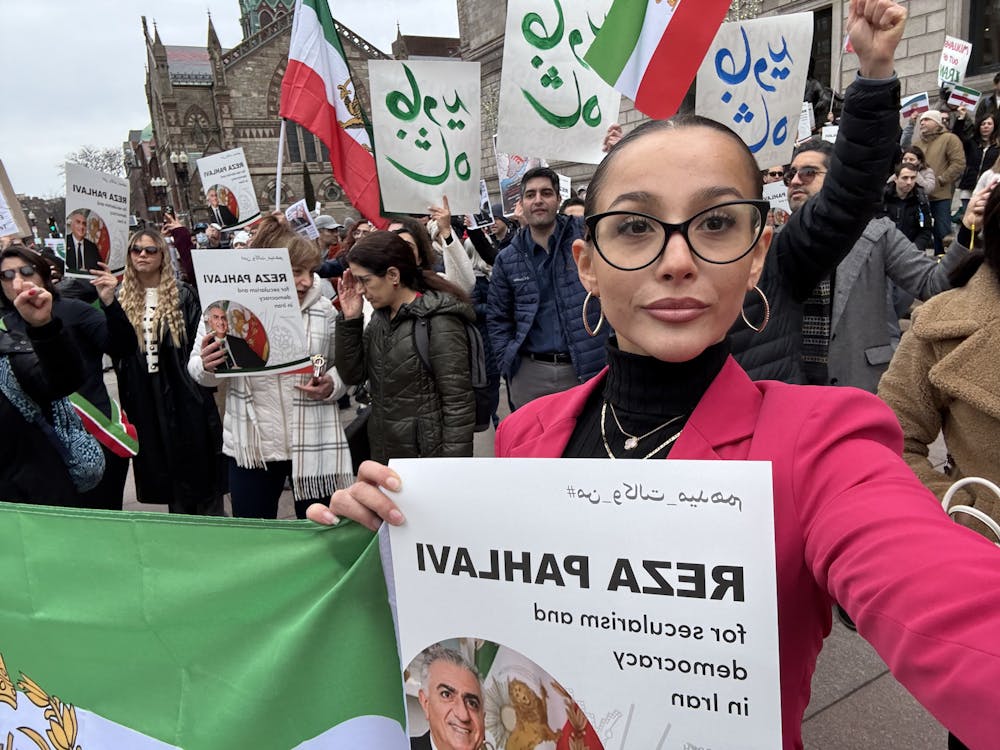June 15, 1215: King John of England signs the Great Charter of Liberties (Magna Carta) guaranteeing rights and privileges to all free men, subjecting even the King to the rule of law.
December 6, 1865: Slavery is abolished, and approximately three million men, women, and children are freed by the ratification of the 13th Amendment to the U.S. Constitution.
July 9, 1868: Equal protection is enshrined as a bedrock of American law in the 14th Amendment, which later leads to historic rulings such as Mapp v. Ohio, Brown v. Board of Education, Gideon v. Wainright and Obergefell v. Hodges.
August 18, 1920: Women are enfranchised and, just a few months after the 19th Amendment is ratified, more than eight million women exercise their right to vote for the very first time.
These are just few examples of how ideas that were once anathema later became foundations of western civilization and democracy. For many of these ideas, opposition was taken for granted for most of human history. Even when such a position was challenged, particularly with regard to slavery and women’s rights, it took centuries of criticism and loud disapproval until real change was made. These ideas ultimately gained momentum because their proponents had the freedom and tenacity to express them. In other words, it is because of the expression of diverging views that we live in a society of remarkable social and political progress over that of merely two-hundred years ago.
Openness to new ideas paved way for progress. And the same holds true today.
Interestingly enough, however, a growing number of people are now adopting the opposite approach. For the sake of social progress and harmony, they argue, we must restrict ideas considered to be extreme from entering public discourse. Contra the historical development, ideas must now be suppressed to achieve further societal progress.
This view ignores both the practical and philosophical consequences of such a suppression.
Minority opinions — including offensive ones — deserve to be tolerated (even if not accepted). Restricting those views from being heard is a dangerous path that we can not afford to take.
For one, while radical ideas needn’t develop into mainstream thought, restricting the free speech of those who express such views deprives us of the ability to engage honestly and fully with those positions.
Be they critiques of our economy, society, or morality, restricting expression of those critiques is the first step toward an intellectually moribund and morally bankrupt society. Even if we find those critiques flawed, ideas and the followings that they develop are often reflective of particular social, economic, or religious phenomena.
While the position itself might not have merit, its suppression likewise acts as an unhealthy masking of potentially problematic issues in our social fabric. The result leaves behind both those with the particular grievance, and the potential to develop a more equitable and democratic social order.
Secondly, adopting a system that allows those in charge to restrict ideas that are merely “considered” offensive, leaves the majority with a dangerous amount of discretionary power over the minority. We must recognize that the opinions of those who are few in number are not fundamentally less valuable or true than those who swim in the mainstream. But beyond this, we must create a system that can function consistently, without relying on the discretion of any particular person’s or group’s opinion. This system must recognize the same rules for friends as well as foes.
It seems fairly obvious why banning a figure like Richard Spencer from the public arena is of benefit to societal discourse. He spouts abhorrent rhetoric, racist propaganda, ill-founded conspiracy theories, and is blatantly anti-Semitic. Why then should we allow him a platform to promulgate his garbage?
But let’s put the shoe on the other foot: the community is a small traditional town in rural America and the “offensive speech” is a Marxist or union community organizer (or a women's rights or gay rights advocate) preaching values that the community says are antithetical to communal norms.
Richard Spencer, though odious, must have the freedom to speak, just like a gay rights advocate in that small rural town. Those who object to this sentiment favoring suppression of speech would be the same people prohibiting abolitionists in the 1800s, women’s rights advocates in the early 1900s, and same sex marriage advocates just a few years ago from spreading their messages.
We must welcome the hard truths that freedom exposes, and embrace the progress it ushers in. The American people have thrived on diversity of thought for almost 250 years, and it is our duty to preserve an environment open to all ideas and views.
Rachel Fortinsky is a freshman neuroscience major from Westchester, N.Y. Michael Leff is a freshman majoring in Chemical & Biomolecular Engineering. He is from Highland Park, N.J.
Correction: Due to editing mistakes the print version of this piece incorrectly portrayed the authors' argument. The original piece falsely indicated that the authors were against free expression, a misrepresentation of their argument. This piece has been corrected to accurately reflect their position. The News-Letter regrets this error.




